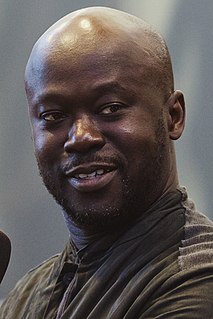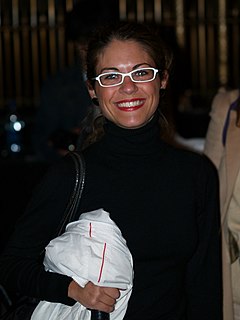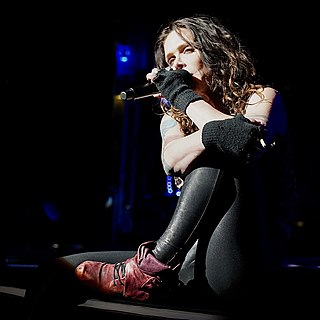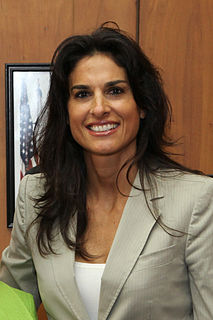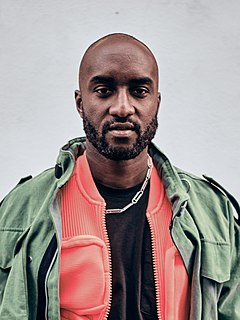A Quote by Kehinde Wiley
There's quite obviously the desire to open the rule sets that allow for inclusion or disclusion. I think that my hope would be that my work set up certain type of precedent, that allowed for great institutions, museums and viewers to see the possibilities of painting culture to be a bit more inclusive.
Related Quotes
In a way, going to Africa allowed me to see possibilities that sometimes seem impossible in certain conditions. It also allowed me to see opportunities for material strategies. I hate it when people think I went and got something [from Africa] and brought it here. It's more about how it affects the way in which I work and affects [my] creativity.
Painting is an illusion, a piece of magic, so what you see is not what you see. I don't know what a painting is; who knows what sets off even the desire to paint? It might be things, thoughts, a memory, sensations, which have nothing to do directly with painting itself. They can come from anything and anywhere.
Fashion went from being much more rarefied to being more accessible. Now everything is changing in the art world, too: even the highest level of institutions are becoming more aware of the general public, like the McQueen exhibit at the Metropolitan or the Tim Burton at the MoMA or how the Gagosian does historic Picasso shows, bringing museum quality into a gallery. Galleries are becoming more like museums, and museums are becoming more accessible. In the next decade, I think it'll be blown open: there will be a lot of shifting around in terms of how artists approach their work.
I happen to be a twin. I grew up half of my life with someone who looks and sounds like me. And I believe it's possible to hold twin desires in your head, such as the desire to create painting and destroy painting at once. The desire to look at a black American culture as underserved, in need of representation, a desire to mine that said culture and to lay its parts bare and look at it almost clinically.
While my chosen form of story-writing is obviously a special and perhaps a narrow one, it is none the less a persistent and permanent type of expression, as old as literature itself. There will always be a certain small percentage of persons who feel a burning curiosity about unknown outer space, and a burning desire to escape from the prison-house of the known and the real into those enchanted lands of incredible adventure and infinite possibilities which dreams open up to us, and which things like deep woods, fantastic urban towers, and flaming sunsets momentarily suggest.
I've always thought of characters like advent calendars. You have Christmas and you have all the little doors over the windows and every day you're allowed to open one more as it gets towards Christmas and you see more and more about what's inside that house.I remember as a kid being fascinated by that and I've always thought of my character as a little bit like that. I like to have secrets and slowly let those secrets out to the audience, sometimes never let them out, but let them see as you open the shutters, open and see a little bit more of a character.
In 2006, I became the fist American to be allowed to go visit their astronaut center in China in Beijing. I think that it makes sense for the U.S. to work with China in the future and I hope to see, if the political atmosphere between the United States and China allow for us to do more cooperation together, especially in the area of human space flight. I think in the same way that it's help improve the relations between the U.S. and Russia; it would help to improve the relations between the U.S. and China.
I think that's always the hope - I mean, I can't speak for others, but I think other artists, no matter what type of medium they are using - whether it be from painting to acting to dancing, songwriting, or anything like that - I believe the desire is to get to the truth, and I think it's really hard to tell the truth.
[Consider] a fence or gate erected across a road] The more modern type of reformer goes gaily up to it and says, "I don't see the use of this; let us clear it away." To which the more intelligent type of reformer will do well to answer: "If you don't see the use of it, I certainly won't let you clear it away. Go away and think. Then, when you can come back and tell me that you do see the use of it, I may allow you to destroy it."

